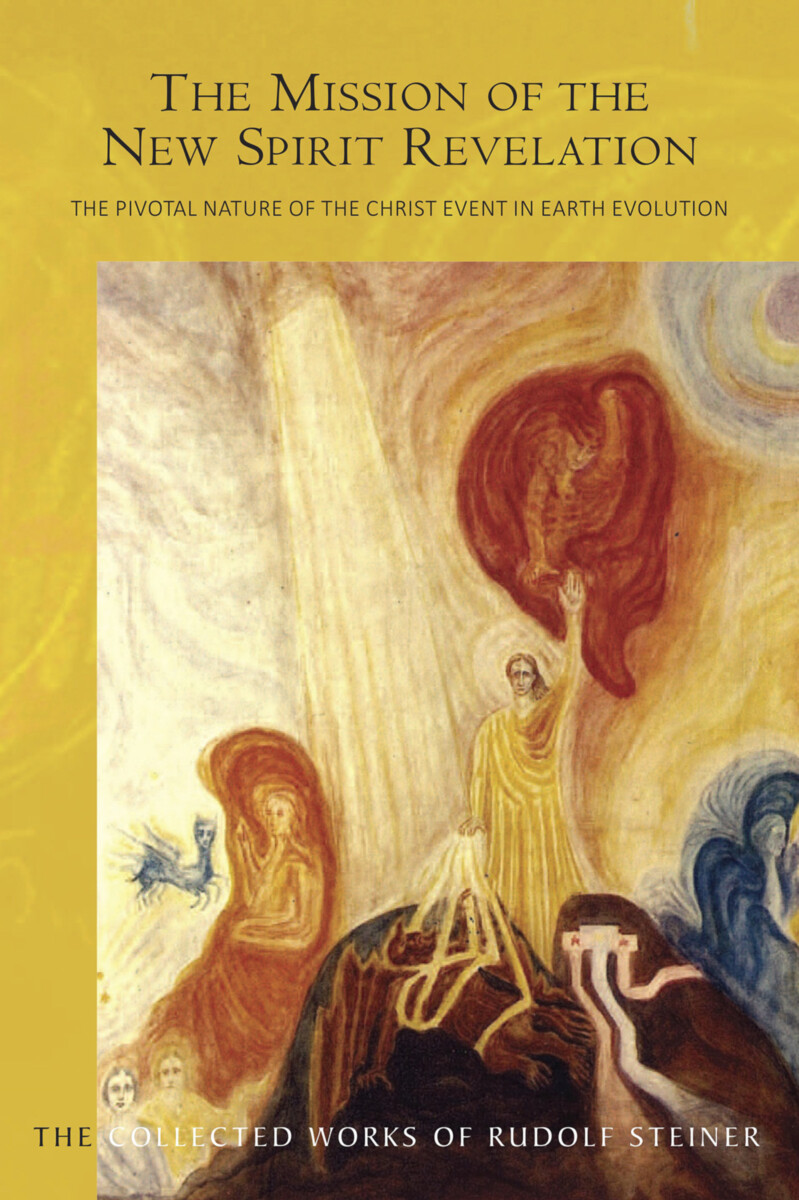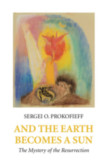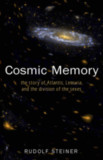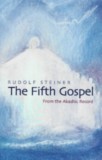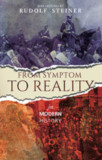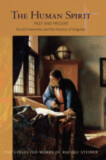The Mission of the New Spirit of Revelation
The Pivotal Nature of the Christ Event in Earth Evolution (CW 127)
- Publisher
Rudolf Steiner Press - Published
15th July 2021 - ISBN 9781855845862
- Language English
- Pages 274 pp.
- Size 6" x 9"
16 lectures in various places, 5 Jan. 5 – Dec. 26, 1911 (CW 127)
“What would we be without love? We would inevitably become isolated and gradually lose all connection with our fellow human beings and our fellow creatures in the natural world.” —Rudolf Steiner
In this rich, previously untranslated collection of lectures, Rudolf Steiner approaches and illumines the figure of Christ from manifold directions and perspectives. Christ—the being of love—is the “heart” of our Earth.
These lectures were given throughout 1911, the year before Rudolf Steiner separated from the Theosophical Society, citing fundamental disagreements over the true nature of Christianity. The lectures reflect Steiner’s intensifying emphasis on the central act of the Christ being in Earth’s evolution, while also illuminating the truths of reincarnation and karma. Here he reveals profound vistas of human development and paths of advancement over many lifetimes in which Christ is to be our steadfast companion and exemplar.
The Mission of the New Spirit Revelation is a translation from German of Die Mission der neuen Geistesoffenbarung. Das Christus-Ereignis als Mittelpunktsgeschehen der Erdenevolution (GA 127).
C O N T E N T S:
Introduction by Matthew Barton
1. The diverse Eras of Humanity’s Evolution and Their Effects upon the Human Bodily Sheaths
2. The Effect of Moral Qualities on Karma
3. The Inwardness of the Human Soul and Its Relationship to the World
4. The Connection of the Bodies of the Human Being with Humanity’s Evolution and Human Biography
5.Wisdom, Prayerfulness and Certainty in Life
6. The “I” at Work upon the Child and How this Relates to the Christ Being
7. The Influx of Spiritual Insights into Life
8. Ossian and Fingal’s Cave
9. The Importance of Spiritual Enquiry for Moral Action
10. Aphorisms on the Relationship between Spiritual Science and Philosophy
11. Original Sin and Grace
12. The Mission of the New Spirit Revelation
13. Faith, Love, Hope
14. Symbolism and Imagination in Relation to the Play
15. Christmas—a Festival of Inspiration
16. The Birth of the Sun Spirit as Earth Spirit
Appendix: The Threefold Call from the World of Spirit
Notes
Rudolf Steiner
Rudolf Steiner (b. Rudolf Joseph Lorenz Steiner, 1861–1925) was born in the small village of Kraljevec, Austro-Hungarian Empire (now in Croatia), where he grew up. As a young man, he lived in Weimar and Berlin, where he became a well-published scientific, literary, and philosophical scholar, known especially for his work with Goethe’s scientific writings. At the beginning of the twentieth century, he began to develop his early philosophical principles into an approach to systematic research into psychological and spiritual phenomena. Formally beginning his spiritual teaching career under the auspices of the Theosophical Society, Steiner came to use the term Anthroposophy (and spiritual science) for his philosophy, spiritual research, and findings. The influence of Steiner’s multifaceted genius has led to innovative and holistic approaches in medicine, various therapies, philosophy, religious renewal, Waldorf education, education for special needs, threefold economics, biodynamic agriculture, Goethean science, architecture, and the arts of drama, speech, and eurythmy. In 1924, Rudolf Steiner founded the General Anthroposophical Society, which today has branches throughout the world. He died in Dornach, Switzerland.


